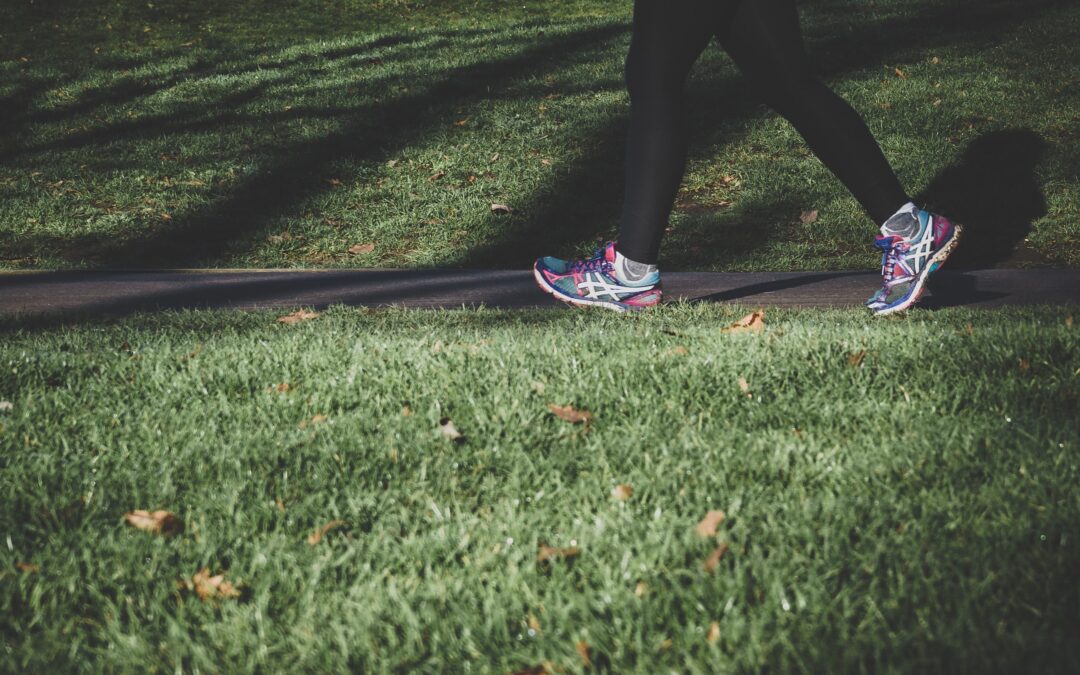As I explained in last week’s email, the reason I’m covering this topic is that I sense that the next 6 months or so will be a challenging time, especially for those of us living in the Northern Hemisphere where the weather will be darker and colder.
So, the first thing I’m going to recommend is really very simple, but it does have the potential to impact your overall wellbeing in a very powerful way. And that is, to get outside every day . . . whatever the weather!
When I was discussing this with a client, they reminded me of a brilliant Nordic phrase: “There’s no such thing as bad weather, only bad attire” Which is so true! If you’re wrapped up warm and in waterproof clothes and boots, then you’re all good! And in fact, I’m sure you can recall how invigorated and energised it feels when you are back indoors after you’ve been outside ‘braving the wilds’?!
So, having the correct clothing is going to be key to avoiding any potential excuses and also in protecting your immune system, because it’s far easier to get run down if you’re out in the cold with wet clothes or shoes.
Let’s look at some of the reasons why getting outside is so important:
The Circadian rhythm is your body’s natural, internal process that regulates the sleep-wake cycle and its main cue is daylight – hence the reason artificial blue light is such a problem because it confuses this system!
With many people continuing to work from home, especially in the darker months, it will be very important to get quality daylight, which we would have otherwise been exposed to on our daily commute and at lunchtime. So not surprisingly, the best time to expose yourself to daylight is first thing in the morning and at midday.
My advice is to go outside for a walk or some exercise in the morning and at lunchtime every day. At the bare minimum, you could walk around the block or simply step outside and stand in the daylight for 5-minutes. The more the better but at a minimum do this.
Secondly, getting outside means you are moving!
I think the majority of people would agree that working from home has meant they are generally more sedentary- myself included! Inactivity causes its own problems: low mood, poor detoxification (creating a strain on the immune system) and I’m sure you are aware that sitting down too much can be a risk to your health. For further guidelines on sitting refer to the NHS website here.
Then, when you’re outside you are also hopefully breathing fresh air! I like to think of the air I breathe as an additional food source for my body (obviously that’s fresh good, quality air rather than polluted!). How we breathe is also super important, and walking encourages deeper, slower breathing which calms the nervous system.
From a mental health perspective, a good walk can do wonders for your mental wellbeing, and that is amplified further by walking in nature. It improves self-perception and self-esteem, mood and sleep quality, and it reduces stress, anxiety and fatigue. Physically active people have up to a 30% reduced risk of becoming depressed and staying active helps those who are depressed recover.
On the subject of mental health and depression, statistically rates of depression rise during both economic recession and in the darker, colder winter months — we will live through both of those this Winter, so even more reason to stay active.
Last month, I wrote about the ‘always on’ culture and how many people are struggling with this since the mass shift to working from home. This is not only because of the volume of work and long hours, it’s also about feeling as though you cannot escape or switch off from work.
So, to help create some separation, you can also use going outside as a boundary marker and a way to officially start and end the day. I like to refer to this as a ‘fictional commute’ — you get ready for work at ‘home’, you go outside, and when you come back, you’re at ‘work’.
Even if you walk around the block or garden if that’s all you can manage, it can still help to draw a clear line between ‘work’ and ‘home’ at the beginning and end of your day.
Lastly, vitamin D is critical to immune health and many people become deficient during Winter because we get less sunlight on our skin. It’s highly likely you still won’t get enough because you’ll be more covered up if the weather is cold but getting outside and exposing yourself to the sunlight will still go some way to help.
The key is to start these habits now so that they become a ‘way of being’.
If you are feeling concerned about how you will cope this Winter and sense you might need some guidance or support, please do reach out for a no-obligation chat. I’m also going to be launching a Winter Wellness Group Programme in November, running for 3 months to educate, inspire and support people during this challenging time. If you’re interested in either option, click here for more information.
Kate x


